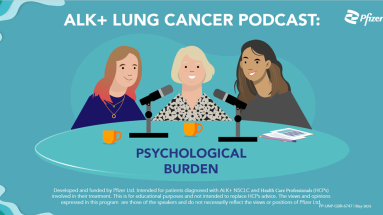Managing nutritional concerns: smell aversions
Often, cancer treatment can lead to a heightened sense of smell. This can make eating harder since many of our favourite foods are often served warm and have some level of smell associated with them. In addition, sensitivity to certain smells can also make nausea worse, which is why it is even more important to select the right foods.1
Tips for people experiencing smell sensitivity2,3
- Do not stay in the kitchen while food is being cooked, and if available, use the fan above the hob to promptly remove odours from the environment
- Choose foods that are best eaten cold such as salads, sandwiches, yoghurts, cheese, cereals, nut butters, fruits and raw vegetables
- Avoid foods with strong odours such as fish, eggs, red meats, foods with heavy spices and curries
Contact your doctor or nurse if you are not eating or drinking or are losing weight.
References:
- Taste and Smell Changes. American Cancer Society. Accessed August 2022.
- Elliot, L. Symptom Management of Cancer Therapies in Lesser M, Ledesma N, Bergerson S, Trujillo E, eds. Oncology Nutrition for Clinical Practice. Oncology Nutrition Dietetic Practice Group of the Academy of Nutrition and Dietetics: 2013. pg 120.
- American Institute for Cancer Research, Savor Health and LIVESTRONG. Heal Well: A Cancer Nutrition Guide.2013. Accessed August 2022.
The health information contained herein is provided for educational purposes only and is not intended to replace discussions with a medical professional. All decisions regarding patient care should be made with a medical professional.










